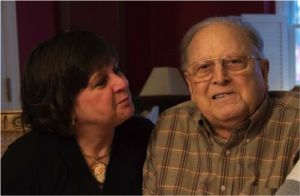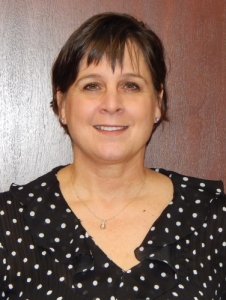A Personal Story: It’s Time for Difficult Conversations
My dad passed away December 8, 2014, eight years after being diagnosed with prostate cancer. Four years after his initial radiation treatment, a CAT scan showed that his cancer had returned.
 As much as I had hoped otherwise, I suspected the return meant that a cure was not possible and that treatment would only slow the growth. I thought that he understood this as he went through external beam radiation, six months of intravenous (IV) chemotherapy, daily hormone pills, monthly hormone shots, vaccine therapy, radium IV infusion and even hospice referral.
As much as I had hoped otherwise, I suspected the return meant that a cure was not possible and that treatment would only slow the growth. I thought that he understood this as he went through external beam radiation, six months of intravenous (IV) chemotherapy, daily hormone pills, monthly hormone shots, vaccine therapy, radium IV infusion and even hospice referral.
I thought his oncologist would have that difficult conversation with him. But it never happened.
I believe our healthcare system cannot always focus on keeping everyone alive. We must face and address the realistic outcomes when there is likely no cure.
Despite my dad’s continuing loss of mobility, increasing pain and progressing weakness, he only accepted hospice care because he thought it would bring relief and support to his wife. He believed it was too soon and he wanted to get stronger. While hope is a powerful motivator, it doesn’t always address the need for realistic planning.
A month before he died, my dad was determined to visit at the oncologist’s office to finally hear from his doctor the sobering prognosis. Despite his weakness and pain, we gathered friends and family to help get him there.
Unfortunately, Dad fell trying to get out the door to have that conversation. More pain. More frustration. And he still didn’t have the conversation he needed.
Conversations about disease progression and physician orders for life sustaining treatment (POLST) must become the standard of care in medical practice. When patients are given the difficult facts, their remaining time can be planned around their own goals. Patients can plan their days in the comforts of their own homes instead of continual schedules around medical treatments, unless that’s what they expressly want.
I am asking healthcare professionals to join in our community coalition efforts to promote advanced care planning. Please help us transform the culture of end of life care into patient-driven choices. We can start today by having those difficult conversations.



